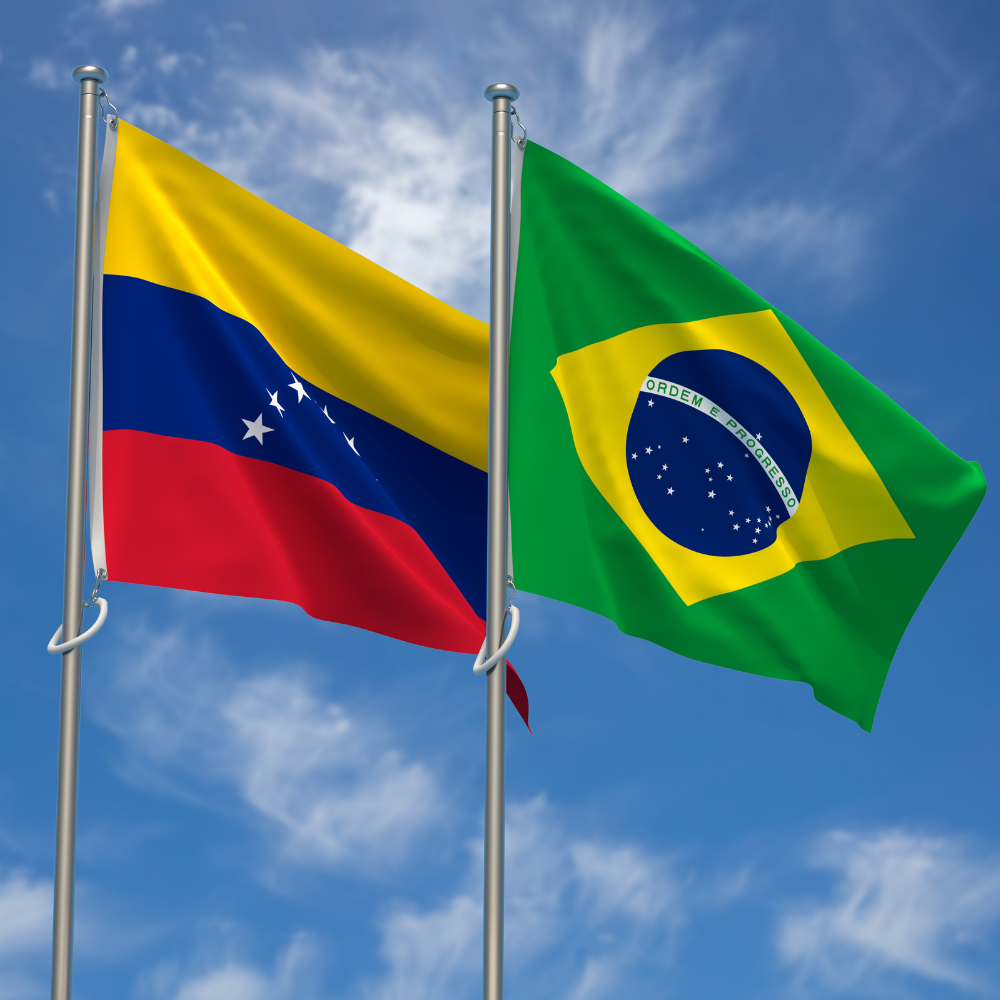Venezuela condemns Brazil’s decision to block its entry into BRICS
Venezuela has criticized Brazil’s decision to block its entry into the BRICS group of emerging economies. The move came during a high-profile summit in Kazan, Russia, attended by over 20 heads of state. Venezuela’s foreign ministry condemned the decision, describing it as an “immoral aggression.”
The rejection highlights the worsening relations between the two left-leaning governments, particularly since the disputed July presidential election in Venezuela. President Nicolás Maduro claimed victory in the election, despite evidence suggesting that opposition candidate Edmundo González won by a significant margin. While Brazilian President Luiz Inácio Lula da Silva initially supported Maduro, he later shifted his stance, calling for a breakdown of the vote before accepting the official results.
Several foreign governments have expressed skepticism about the election’s outcome, indicating their belief that the opposition emerged victorious. However, most have stopped short of formally recognizing González as the president.
In a statement, Venezuela’s foreign ministry accused Brazil of maintaining a longstanding policy of exclusion. It claimed that the current Brazilian administration had upheld the veto previously enforced by former President Jair Bolsonaro, perpetuating a stance of “hatred, exclusion, and intolerance” promoted by Western power centers. The ministry further expressed its dismay, stating that the Venezuelan people felt both “indignation and shame” at this “inexplicable and immoral aggression.”
Venezuela has been actively seeking to join BRICS, an economic grouping originally comprising Brazil, Russia, India, China, and South Africa. Recently, the alliance decided to expand by admitting Egypt, Ethiopia, Iran, and the United Arab Emirates as new members. During the summit in Russia, President Maduro made an unannounced appearance, declaring that Venezuela was already “part of the BRICS family.”
Russian President Vladimir Putin, who hosted the summit, voiced his agreement with Venezuela’s stance but reiterated that all current BRICS members must reach a consensus before a new country can be admitted. Putin acknowledged Brazil’s differing position, emphasizing that Venezuela is “fighting for its survival.”
Putin revealed that he had discussed the matter with Lula in a phone call earlier in the week. Lula had initially planned to attend the summit but canceled his trip after sustaining an injury at home. The Brazilian president is a staunch advocate of the BRICS coalition, seeing it as a tool for reforming global governance and amplifying the voices of developing nations. He has been critical of what he describes as the “paralysis” of traditional global institutions and has praised the BRICS’ recent expansion as a move towards greater inclusivity.
However, the latest developments underscore existing tensions within the coalition. Observers have pointed to internal contradictions among BRICS members, particularly with Russia’s ongoing war in Ukraine and the strained relations between China and India. The Kazan summit provided a platform for President Putin to demonstrate that efforts to isolate Russia over its invasion of Ukraine have not succeeded. Yet, the divisions exposed by the summit have left relations between Brasília and Caracas at their lowest point since Lula’s re-election two years ago.
Putin indicated his willingness to help Brazil and Venezuela mend their strained ties. However, Venezuela’s exclusion from the BRICS group has highlighted growing rifts and the challenges of maintaining cohesion among its members amid global political tensions.









